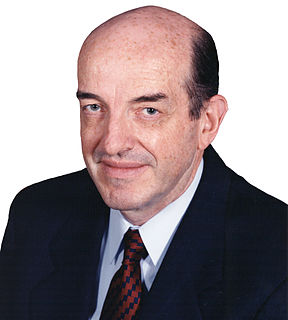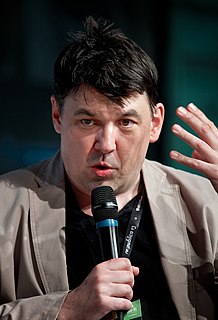A Quote by Nathan Myhrvold
Why pay a fee for Internet content when a million free sites are just a click away? There's no incentive until people are too addicted to the Net to turn off their computers, yet are bored with what's available.
Related Quotes
I wished there was some kind of switch on my brain. That I could turn it off in the same way that I could turn off the television. Just click it off and immediately empty my mind of all these images and worrying thoughts. And simply leave a blank screen. Or if I could just remove my head and put it on the bedside table and forget about it until morning. And then attach it again when I needed it.
If you have an internet service provider that's capable of slowing down other sites, or putting other sites out of business, or favoring their own friends and affiliates and customers who can pay for fast lanes, that's a horrible infringement on free speech. It's censorship by media monopolies. It's tragic: here we have a technology, the internet, that's capable really of being the town square of democracy, paved with broadband bricks, and we are letting it be taken over by a few gatekeepers. This is a first amendment issue; it's free speech versus corporate censorship.
Net neutrality is a big deal to the left because it puts the government in charge of the internet. It puts the government in charge of content. It lets the government choose what you can watch and what you can't watch and what you pay for it. And that's bogus. In the name of competition, they want to take competition away from the net. They're leftists. They lie to you about what they want to do.
I think people are lonely and desperate for attention and unemployed and bored. I don't mean that these are losers that live with their mom, although that is true for many of these people. I think people in general are literally underemployed and lonely and bored in this country because of the economic downturn, and because of the isolation that's available because of the internet. The internet has both freed people up to connect with each other and isolated them.



































